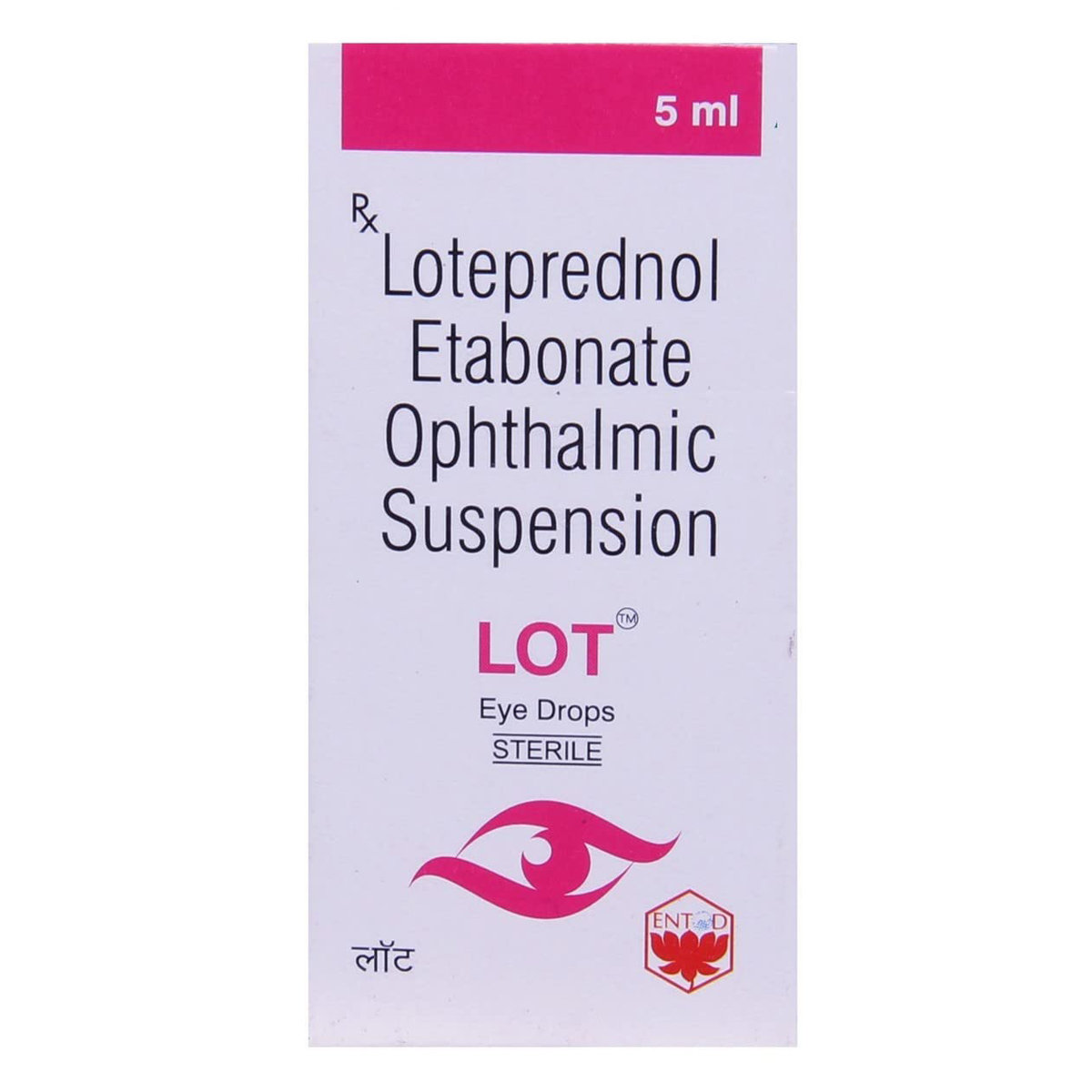Loteprednol
About Loteprednol
Loteprednol belongs to the class of ophthalmic medication primarily used to treat Post-operative inflammation and pain following ocular surgery. Pain is an unpleasant and emotional experience associated with tissue damage. It allows the body to react and prevent further tissue damage. Pain can be short-term (acute) or long-term (chronic). Pain perception can differ from person to person, from tolerable to non-tolerable. Inflammation is your immune system's natural response to injury or infection.
Loteprednol contains Loteprednol. It works by inhibiting the release of certain natural substances that cause swelling, itching, and pain. As a result, inflammation and pain are reduced after using Loteprednol.
Loteprednol is for external use only. Before using it, break the seal and wash your hands to avoid any infection or contamination. If you wear contact lenses or are wearing them, remove them before using Loteprednol, and you can put them back 15 minutes after using Loteprednol. You may experience watery eyes, irritation in the eyes, and eye itching, in some cases. Most of these side effects of Loteprednol are temporary, do not require medical attention, and gradually resolve over time. However, if the side effects are persistent, reach out to your doctor.
Put Loteprednol only if the doctor prescribes you. Never encourage self-medication or suggest your medicine to someone else. You should not stop taking Loteprednol abruptly as it may worsen your symptoms. Do not take Loteprednol if you are allergic to corticosteroids or any ingredient of Loteprednol. Also, do not put more than the prescribed dose of Loteprednol as it may cause glaucoma or optic nerve damage. Do not take any other eye medication with Loteprednol, without consulting your doctor. Use of Loteprednol after cataract surgery is known to slow the surgery's healing process, so it is given in a very minimum dose. If you have or ever had glaucoma (increased eye pressure), herpes simplex infection, any other eye problem, are pregnant or breastfeeding, do not take the Loteprednol until prescribed by your doctor.
Uses of Loteprednol
Medicinal Benefits
Loteprednol is an ophthalmic medicine that is primarily used to alleviate post-operative inflammation and discomfort following eye surgery. Loteprednol is present in Loteprednol. It is a corticosteroid that acts by preventing the brain's prostaglandins (chemical messengers) from causing inflammation and swelling. As a result of employing Loteprednol, inflammation and pain are minimised.
Directions for Use
Storage
Side Effects of Loteprednol
- Watery eyes
- Irritation in the eyes
- Eye itching
- Foreign body sensation
Drug Warnings
Inform your doctor if you are allergic to corticosteroids or any of the ingredients of Loteprednol, what other prescription and nonprescription medications, vitamins, nutritional supplements, and herbal products you are taking. Please do not stop taking Loteprednol suddenly, as it might worsen your symptoms. Loteprednol is prescribed to treat redness and swelling (inflammation) of the eye. Please do not take more than the prescribed dose of Loteprednol as it may cause glaucoma or infection. To avoid any contamination, avoid touching the tip of the dropper. Do not put to eye medication simultaneously; wait for at least 5-10 minutes before putting in the second medication. Loteprednol is used to treat inflammation, allergies, other medical problems that cause inflammation, or if the immune system's suppression is needed. If you have or ever had glaucoma (increased eye pressure), herpes simplex infection, any other eye problem, are pregnant or breastfeeding, do not take Loteprednol until prescribed by your doctor. Prolonged use of corticosteroids may result in glaucoma with damage to the optic nerve, defects in visual acuity, and fields of vision. If this product is used for 10 days or longer, intraocular pressure (IOP) should be monitored.
Drug Interactions
Drug-Drug interactions: Loteprednol may interact with other ophthalmic medications (bromfenac ophthalmic, diclofenac ophthalmic, flurbiprofen ophthalmic, ketorolac ophthalmic, nepafenac ophthalmic, suprofen ophthalmic, bimatoprost, latanoprost, tafluprost), HIV medicines (ritonavir, cobicistat, darunavir, nelfinavir), antibiotic medication (clarithromycin), and vaccine (smallpox vaccine),
Drug-Food Interactions: No interactions found/established.
Drug-Disease Interactions: Inform your doctor if you have or ever had ocular infections and ocular toxicities (Cataracts, Glaucoma/Intraocular Hypertension).
Drug-Drug Interactions Checker List:
Safety Advice

Alcohol
safe if prescribedIt is best to avoid alcohol while taking medication. Loteprednol makes you dehydrated and affects the eye's pressure.

Pregnancy
cautionPlease consult the doctor. There are no adequate and well-controlled studies on pregnant women. Your doctor will prescribe only if the benefits outweigh the risks.

Breast Feeding
cautionConsult your doctor, and there is no substantial research yet on the use of Loteprednol in breastfeeding/nursing mothers.

Driving
cautionLoteprednol can cause blurry vision. So, driving or operating machinery should not be done.

Liver
safe if prescribedNo interaction was found. Loteprednol can be safely used in patients with the liver conditions if prescribed.

Kidney
safe if prescribedNo interaction was found. Loteprednol can be safely used in patients with kidney conditions if prescribed.

Children
cautionSafety and effectiveness in pediatric patients have not been established.
Habit Forming
Diet & Lifestyle Advise
- Avoid alcoholic beverages with Loteprednol as they can make you dehydrated and affect the eye pressure.
- Visit an optician regularly to monitor your eye pressure.
- A diet including green and leafy vegetables and fruits helps lower eye pressure and quickly recover pain.
- Regular moderate exercise and appropriate rest are important for illness and speedy recovery.
- Fruits and vegetables, which contain Vitamin A and C, help improve vision and recovery from the surgery as it also helps boost your immunity.
Patients Concern
Disease/Condition Glossary
Pain: Pain is a symptom triggered by the nervous system, causing uncomfortable sensations in the body. Pain may be dull or sharp, constant, or may come and go. The tolerance level of pain might vary from person to person. Pain can be generalized (overall body aches) or localized (affecting a specific area of the body). Pain can be considered a good thing as it helps us know something is wrong in the body and helps diagnose the condition. The common causes of pain include headache, muscle strain, cramps, cuts, bone fractures and arthritis.
Eye inflammation: It is the swelling of eye tissue due to underlying conditions such as allergies, conjunctivitis (inflammation of the mucous membrane of the eye), injuries, or other disorders of the eye. It is characterized by redness, watery or itchy eyes, and a burning sensation in the eye.
FAQs
Loteprednol contains Loteprednol. It works by inhibiting the release of certain natural substances that cause swelling, itching, and pain. As a result, inflammation and pain are reduced after using Loteprednol.
Yes, Loteprednol is known to cause eye irritation. Loteprednol contains a preservative Benzalkonium chloride, which is known to cause eye irritation. If it becomes severe, please visit your doctor immediately.
No, Loteprednol should be taken in the dose and duration as advised by the doctor. If you take it in more than the recommended dose, it might cause increased eye pressure or optic nerve damage. If you think your symptoms are not improving, please consult your doctor.
Loteprednol ophthalmic suspension is a corticosteroid.
Do not stop taking Loteprednol without talking to your doctor. If you suddenly stop taking Loteprednol, you may worsen your symptoms, and swelling may increase. Your doctor will probably decrease your dose gradually depending upon your disease condition.
If you miss a dose of Loteprednol, take the missed dose as soon as you remember it. However, if it's almost time for the next dose, do not take a double dose to make up for a missed one.
Steroids can sometimes cause cataracts or glaucoma (increased pressure in the eye). So, Loteprednol should not be taken until prescribed. Your doctor will weigh the benefits and any potential risks before prescribing it to you. Please consult your doctor.





